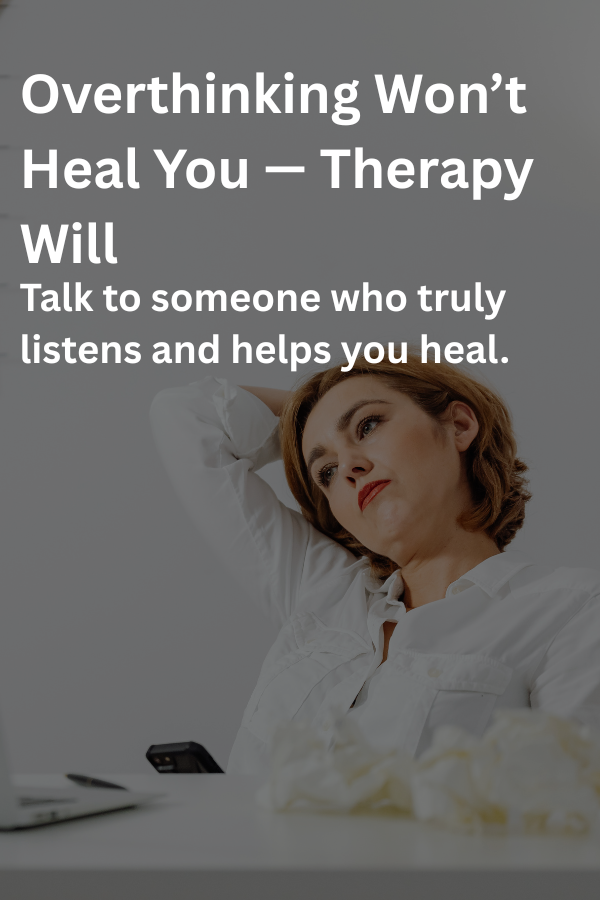What is Therapy?
Therapy is a structured and professional process designed to help individuals understand, manage, and improve their mental and emotional health. At its core, therapy involves working with a trained therapist who provides guidance, support, and practical strategies to navigate life’s challenges. It is a safe, confidential, and non-judgmental space where people can openly express their thoughts, emotions, and concerns.
The primary goal of therapy is to help individuals develop self-awareness, improve coping skills, and find effective solutions to personal and psychological challenges. Therapy is not limited to those experiencing mental illness; it is also highly beneficial for anyone dealing with stress, relationship issues, work-related pressure, grief, or simply seeking personal growth.
There are several types of therapy, including cognitive behavioral therapy (CBT), which focuses on changing negative thought patterns, talk therapy for exploring feelings and experiences, family and couples therapy to improve communication and relationships, mindfulness-based therapy for stress and anxiety management, and online therapy, which offers accessibility and convenience for modern lifestyles.
Through consistent therapy sessions, individuals can learn to manage emotions more effectively, reduce anxiety or depression, enhance relationships, and improve overall mental wellness. Therapy empowers people to understand themselves better, make informed choices, and build a more balanced and fulfilling life. By embracing therapy, individuals take a proactive step toward mental health, resilience, and long-term well-being.





